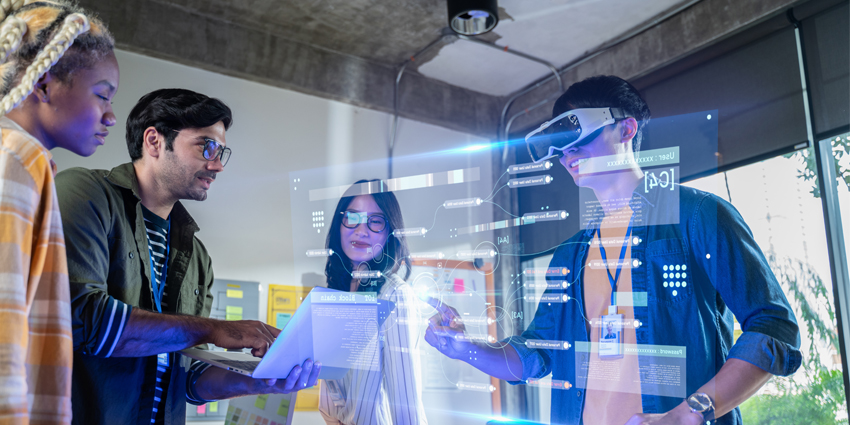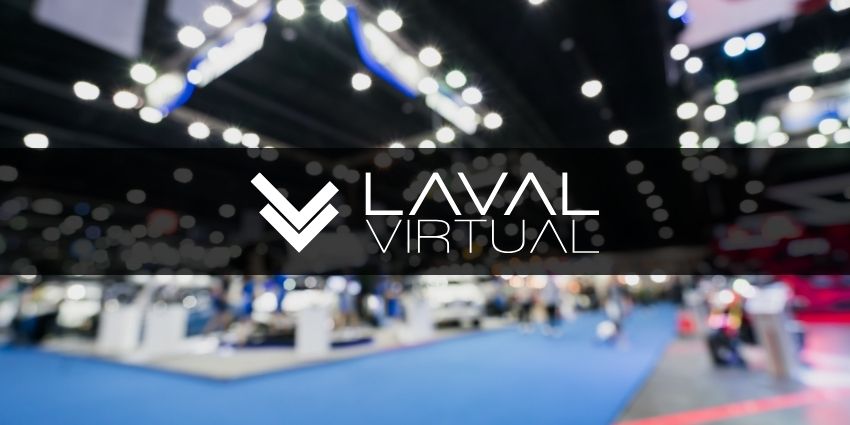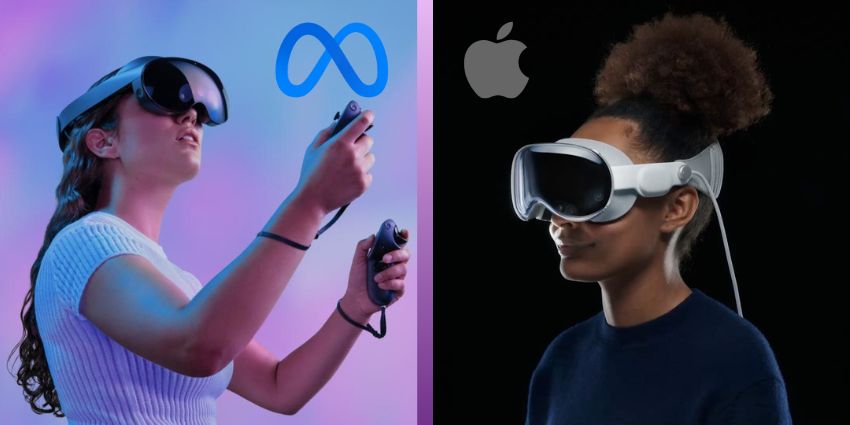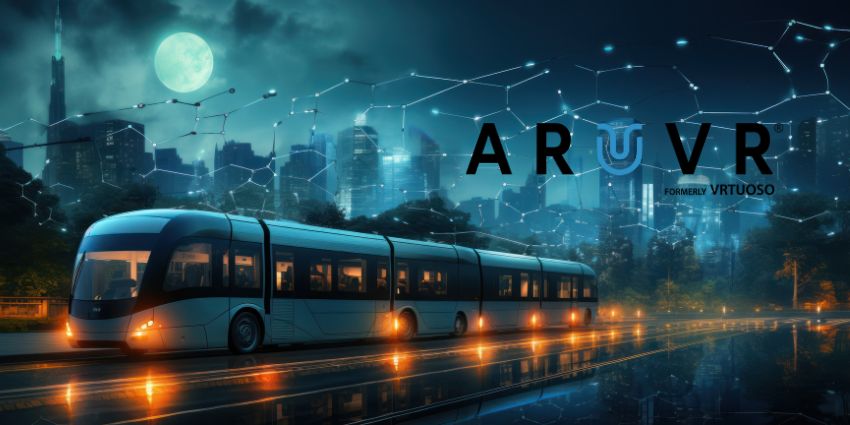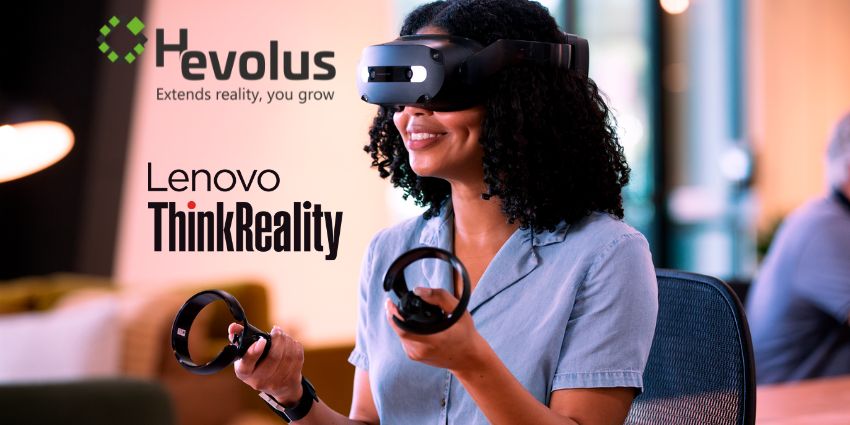One of the most significant benefits of XR (Extended Reality) is its ability to bring people and ideas together, wherever they are. The field services landscape is an environment where professionals are constantly distributed across various spaces.
These team members need to remain flexible to perform their essential tasks each day. However, they still need access to the wider business.
Extended Reality, in the form of AR, VR, and MR technologies, can empower and transform field services at scale. Used correctly, these tools are a fantastic way to provide sensational training experiences, boost collaboration, and increase efficiency.
To help you discover the potential of extended reality in the field services space, we’ve put together a selection of valuable case studies from this industry.
Avangrid Renewables and Oculus (Meta)
The Oculus brand is better-known in the XR environment for virtual reality right now. Popular for affordable technology and easy-to-use features, Oculus devices are helping countless companies transition into the extended reality space.
Avangrid Renewables, a leading provider of energy in the United States, owns, operates, and services over 60 wind power facilities across 22 states in America.
Over the last couple of years, as the company expanded to meet rising demands for clean energy, training managers found it harder to deliver crucial training across all platforms and geographies.
Since turbines can be extremely complex machines, Avangrid needed a way to teach technicians how to service these devices efficiently and effectively, in a time-sensitive environment.
With VR Vision and Oculus, the brand was able to produce an immersive and reliable training strategy to suit their modern workforce.
Microsoft and Mercedes Benz
As a global icon among automotive companies, Mercedes-Benz is dedicated to providing their customers with not only exceptional vehicles, but great service too.
Part of delivering this sensational service means ensuring technicians have the tools required to address potential problems with machines as quickly as possible.
According to a recent case study published by Microsoft, Mercedes Benz chose the Microsoft HoloLens 2 with Dynamics 365 Remote Assist technology to help support more staff members on the move.
According to the team, the use of these disruptive new technologies has helped technicians to rapidly sort problems in a matter of minutes.
The team says they’re saving significant time by not having to go back and forth and upload information into a digital ecosystem.
Instead, Mercedes-Benz can used mixed reality to get cars back to their owners quickly, diagnosed, fixed, and ready to hit the road in a fraction of the time it would have taken previously.
VIVE and Intel
Major technology company, Intel, discovered the benefits of virtual reality for training and enabling modern team members with their Virtual Electrical Safety Recertification courses.
These courses provided team members with access to crucial skills for evaluating the safety of electrical ecosystems built for the digital workplace.
VIVE and VIVE Enterprise Advantage provided Intel with the information they needed to securely manage software deployments when rolling out essential training services.
The QVIVE platform also allowed for content controls which met with the strict information security and personal use policies held within the Intel environment.
Tests conducted by Intel found trainees had no issue operating the VR hardware, and 94% actually enjoyed the new form of training.
Intel discovered implementation of VR technology for training field and service technicians could have a potential ROI of Around 300% over 5 years. More importantly, the technology allowed the company to protect their technician’s safety more effectively too.
Unity and ABB
Industrial giant ABB shared their story about how AR innovations helped them to make field service more efficient during a Unity webinar.
According to the company, use of the Unity technology and Microsoft Mixed Reality HoloLens 2 allowed the development of a new field operator system.
The digital multi-platform application runs on both the HoloLens and digital devices, to help improve the efficiency and safety of the field operators responsible for servicing equipment on a range of industrial sites.
In the webinar, the brand also revealed how AR-enabled training, guidance, and maintenance has helped to transform the performance of the business.
For years, ABB says the dangerous demands of the work done by engineers has forced field operators to undergo a host of expensive and time-consuming training programs before working on site.
However, it’s been challenging to track service procedures performed on-site. Unity and Microsoft have helped to solve this problem.
Streem and Google (ARCore)
Streem, a company dedicated to connecting customers with professionals to solve household maintenance issues, is minimizing the need for field service professionals to go out into the field. The remote, on-demand expertise solution helps users to connect with live professionals through an app using a video feed and AR.
The ARCore technology offered by Google means service professionals can provide step-by-step guidance with annotations on the video stream they’re seeing.
This means people at home can solve a range of issues without having to reach out to a professional to come and visit them in-house.
This case study from Google is an interesting insight into how AR and similar technology might alter the future of field services, by allowing team members to provide more remote assistance to their distributed customers.
Emerging Opportunities in Field Services
As you can see above, the opportunities for XR in the field services landscape are growing all the time. As new technology emerges on the field, and AR smart glasses grow increasingly accessible, the number of use cases is set to explode.
